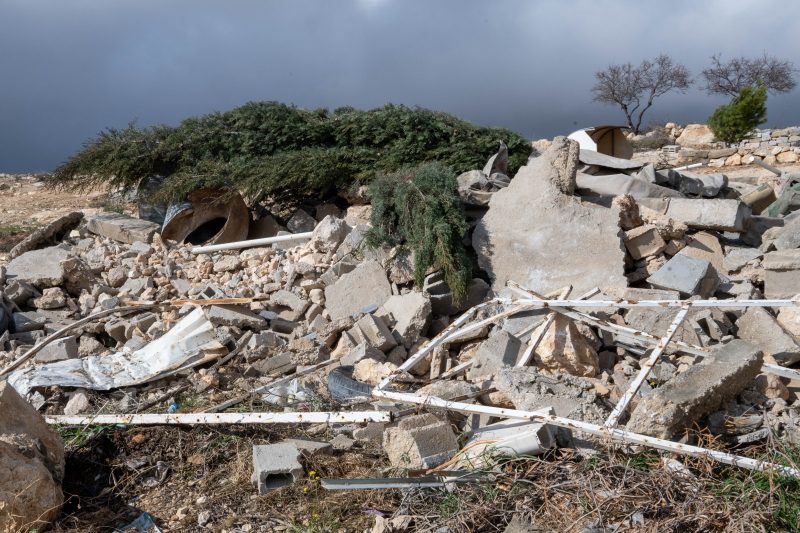Dear Friends,
We turn to you with an urgent call for help. Our friends in Masafer Yatta—whom we’ve accompanied for years in their struggle to remain on their land—are facing imminent destruction. We need your support now.
On June 18, Israel’s Higher Planning Council for the West Bank made a devastating and arbitrary decision: to permit IDF training in the infamous Firing Zone 918. This means the total demolition of 12 villages—home to around 2,800 people—and the final stage of ethnic cleansing in Masafer Yatta.

